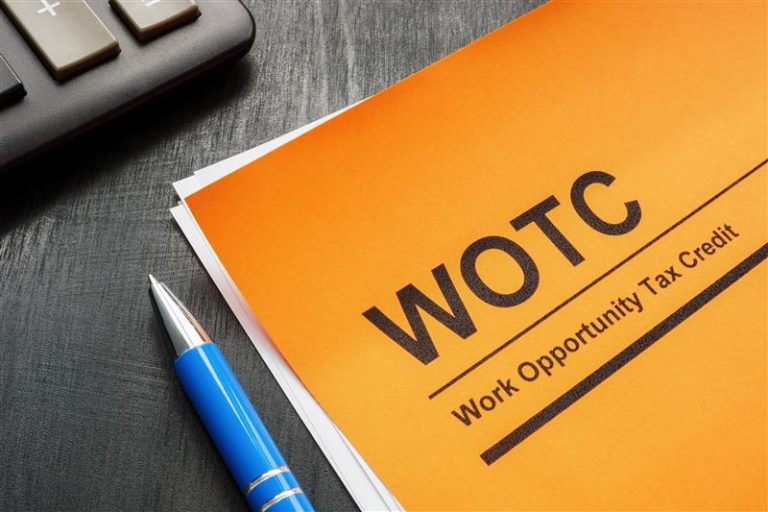By Julie Strandlie-Lawyer/Lobbyist/Grassroots Advocate/ Former Local Government Official
Legislative and Regulatory Developments
Legislative Developments: Congress returned from the August recess with one overriding task: pass an omnibus appropriations bill or, more likely, a continuing resolution to keep the government funded past midnight on September 30. The House and Senate and Republicans among themselves are miles apart on reaching consensus. There are rumors immigration provisions may be included in a Senate bill.
Moody’s predicted another downgrade in the U.S. bond rating if a shutdown occurs, which will result in higher interest rates on Treasury bonds, which would push up interest rates on mortgages, corporate bonds, and student loans, among other things. A government shutdown on October 1 will have a ripple effect throughout the U.S. economy impacting everyone, not just federal workers. USCIS and other government agencies are still working to catch up from the backlogs resulting from the prolonged January 2019 government shutdown.
Regulatory Developments: The Department of Labor announced the publication of the Notice of Proposed Rulemaking to update the Overtime Regulations and the NLRB’s final rule on joint employer status is still pending but expected soon. The Department of Homeland Security’s long-awaited proposed rule to modernize the H-1B visa program may be published this fall.
TechServe’s Government Affairs Team continues to monitor developments with the looming budget crisis and will seek input from members on issues impacting the industry. In addition, here are a few updates on other policy matters we have been following:
Department of Labor Seeks Comments on Overtime Regulation NPRM
On Friday, September 8, 2023, the Department of Labor (DOL) announced the publication of the Notice of Proposed Rulemaking (NPRM) “Defining and Delimiting the Exemptions for Executive, Administrative, Professional, Outside Sales, and Computer Employees,” the “Overtime Regulation.” Comments will be due on November 7, 2023. The proposed rule increases the standard salary level and the highly compensated employee threshold in addition to providing for automatic increases.
The proposed rule follows a series of public listening sessions and input from the Small Business Administration Office of Advocacy. The NPRM would significantly raise the salary cut-off for requiring overtime from $684/week ($35,568/year) to at least $1,059/week ($55,068/year). The levels are based on a percentile of weekly earnings in the lowest-wage Census Region, which is a change from the existing rule. The proposed rule also raises the exemption for highly compensated employees from $107,432 to $143,988.
The proposed rule would not impact computer professionals who are paid at least $27.63/hour and perform specific duties; salaried computer professionals are eligible for the exemption. According to the proposed regulation’s preamble, “[Hourly computer professionals] are considered part of the EAP [executive, administrative, professional] exemptions but are excluded from the analysis because they are paid hourly and will not be affected by this rule. However, salaried computer workers will only be exempt if they meet the salary and duties test applicable to EAP exemptions and are included in the analysis since they will be impacted by the proposed rule.” A salaried computer professional could qualify for an exemption under both the computer and administrative provisions.
Many states have already increased the overtime pay requirements. The federal regulation provides a floor, not a ceiling, so more generous state laws would still govern. SHRM, “Overtime Would Become Available to Millions More Employees Under Proposed Rule”
- SHRM, “Overtime Would Become Available to Millions More Employees Under Proposed Rule,” August 30, 2023
- National Law Review, “Time OT! DOL Proposes Significant Updates to Overtime Rules…Again”, August 31, 2023
TechServe Alliance’s Government Affairs Team will continue to review the proposed rule and participate in SBA Roundtables and other briefing sessions in anticipation of filing comments. We will share more information when it becomes available.
Follow-Up: USCIS Provides Additional Time to “Age-Out” Calculation to Benefit Some H-1B Dependents
In February 2023, the United States Citizenship and Immigration Services (USCIS) updated its policy manual to prevent many dependents of H-1B visa beneficiaries from “aging out” in their quest for a green card through their parents’ adjustment of status application. Dependents of non-immigrant visa holders, sometimes referred to as “Documented Dreamers,” age out at 21. They may be disadvantaged in the process based on which State Department Visa Chart USCIS uses to establish eligibility.
As of February 14, 2023, USCIS announced it would use the “Dates for Filing” chart instead of the “Final Action Date” chart to determine adjudication status.
This incremental change is significant because company mission-critical H-1B visa workers may choose to leave the country if their aged-out children are forced to self-deport.
See TechServe Industry Update, February 2023
On August 24, 2023, USCIS issued additional guidance to clarify a critical date that satisfies a “seek to acquire” requirement in the February policy update. The Policy Alert, which details how beneficiaries of the new policy may have additional time to file for an adjustment of status, clarifies tha
- “ USCIS may excuse an applicant’s failure to satisfy the “sought to acquire” requirement in cases where the applicant did not file their adjustment application because USCIS could not calculate their CSPA age or would have calculated their CSPA age to be over 21 years old under the prior policy, but they are now eligible for CSPA age-out protection under the new policy.
- USCIS considers applicants whose adjustment of status applications were pending on February 14, 2023, to have satisfied the “sought to acquire” requirement if the applicant had applied for adjustment of status within 1 year of visa availability under the policy guidance in effect at the time of filing.”
The USCIS policy manual change will not shield all children from aging out; a change in regulations or law is needed. The Department of Homeland Security’s planned Notice of Proposed Rulemaking “Improving the Regulations Governing the Adjustment of Status to Lawful Permanent Residence and Related Immigration Benefits“ was expected in July 2023 but is under internal review. This NPRM would propose adjustments in the age calculation under the CSPA and several other changes.
The following article provides additional information on the August 24 USCIS Policy Alert:
Fragoman, “USCIS Gives Beneficiaries of Revised Age-Out Policy Extra Time to File for Adjustment of Status,” August 25, 2023











